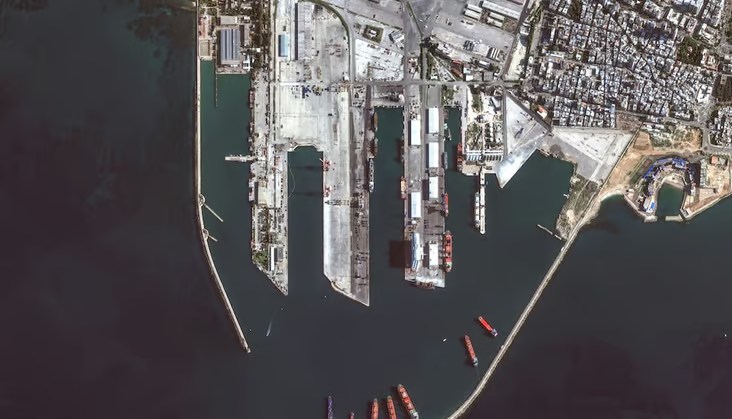Russia is reportedly moving military equipment from Syria’s Tartus naval base and Khmeimim air base to eastern Libya after the collapse of Bashar al-Assad’s regime.
Libyan Prime Minister Abdulhamid Dbeibah worries the country could become a “battlefield”, following reports of Russian weapon transfers from Syria after Bashar al-Assad’s fall.
“We have concerns about moving international conflicts to Libya, and that it will become a battlefield between countries,” Dbeibah said during a news conference.
Oil-rich Libya has struggled to recover from years of conflict since the 2011 North Atlantic Treaty Organisation (NATO)-backed uprising that ended dictator Muammar Gaddafi’s four-decade rule.
It remains divided between the United Nations-recognised government in Tripoli and a rival administration in the east, backed by military leader Khalifa Haftar.
In recent days, reports indicated that Russian forces were transferring military equipment from Syria‘s Tartus naval base and Khmeimim air base to eastern Libya, where the rival administration has received Russian support for years.
“No one with an ounce of patriotism wants a foreign power to come and impose its hegemony and authority over the country and the people,” Dbeibah said.
Such a presence, he added, could only be tolerated “within the framework of agreements between countries for training, instruction or equipment, but for forces to enter by force and against the will of the Libyan people, we totally reject it”.
While Dbeibah did not confirm the weapon transfers, Italian Defence Minister Guido Crosetto has said: “Moscow is transferring resources from its Syrian base in Tartus to Libya.”
“It’s not a good thing,” Crosetto told la Repubblica on Wednesday.
“Russian ships and submarines in the Mediterranean are always a source of concern, especially if they are just a few steps away from us rather than a 1,000 kilometres away.”
Russian bases focused on Africa
Russia’s Tartus naval base and the Khmeimim air base have been key to the Kremlin’s activities in Africa and the Middle East.
But with the fall of Assad this month, their fate became unclear.
Haftar, with the support of Russia, launched in 2019 an unsuccessful offensive to seize Tripoli.
Since then, Moscow has maintained close relations with the eastern administration.

